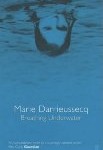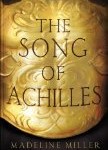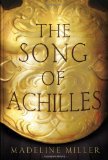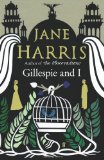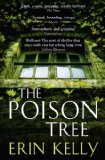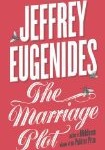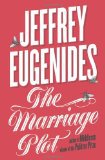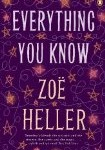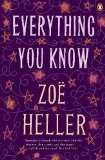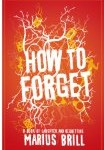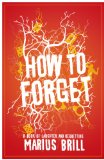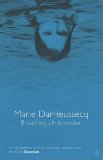 Translated from the French by Linda Coverdale
Translated from the French by Linda Coverdale
Five words from the blurb: coast, daughter, clues, looking, mistake
Last year I was amazed by the power of the novel, Beside the Sea, and so asked for recommendations of books with a similar level of impact. Breathing Underwater was suggested as a book that not only shared the themes of Beside the Sea, but also the power. I found it interesting to compare the two novellas and I think this pair would make an interesting combination for those studying differences in writing style.
Breathing Underwater follows a woman who walks out on her husband and then takes her daughter to the seaside. Her husband hires a private detective to track them down, but this isn’t a fast-paced chase. The events are very slow, with each scene intricately described.
She leaves the child on top of the dune. She feels something like relief, a pause; the intuition that she can leave her there, absorbed by the sea, eyes straining from their sockets; in the redundancy of the fishing poles, sinkers, floats, and even the buckets and shovels. She won’t rush down to the beach straight away, she won’t run off to drown in the waves; unlike logs blazing in fireplaces or outdoor bonfires, the sea does not make itself our friend, it doesn’t crackle within arm’s reach: you look at it for a long time before it dawns on you that you can touch it.
The book had very little plot and I often found that the surroundings were so well described that I forgot what was happening.
The reader is a casual observer of events, never quite understanding what will happen next or the reasons for the actions. This was a problem for me as it meant that I felt no emotional connection to the characters. The multiple narrators in this short book increased this sense of detachment.
If you enjoy slow, thoughtful narratives then I’m sure you’ll love this book, but I’m afraid the writing was too flowery for me and I don’t think it came close to matching the emotional power of Beside the Sea.

.
